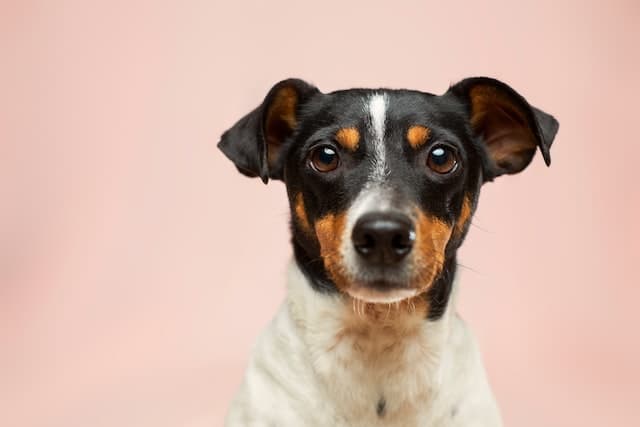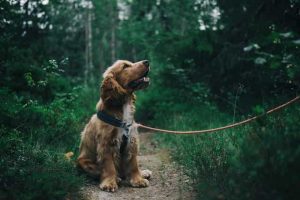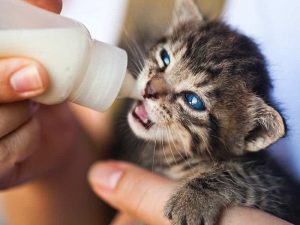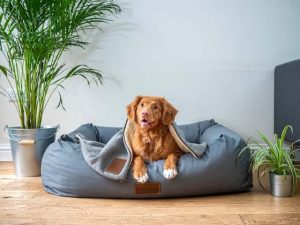
Why Does My Dog Chew on Everything

We all love our furry friends, but sometimes they can exhibit puzzling behavior, like chewing on everything in sight. As a pet owner, it can be frustrating to see your dog destroying your belongings, not to mention worrying about their health and well-being. In this article, we’ll delve into the reasons why dogs chew on everything and offer practical tips to prevent this behavior.
Why Does My Dog Chew on Everything? Common Reasons:
1. Teething
Puppies, in particular, love to chew on things to alleviate the discomfort of teething. During this period, their baby teeth fall out, and adult teeth grow in, causing soreness and itchiness in their gums. Chewing helps soothe the pain and provides relief.
2. Boredom and Anxiety
Dogs that don’t get enough mental and physical stimulation can resort to destructive chewing out of boredom or anxiety. When left alone for long periods, dogs can become stressed, leading to destructive behaviors like chewing.
3. Curiosity
Dogs are naturally curious creatures and love exploring their surroundings with their mouths. This behavior is especially common in puppies, who use their mouths to explore the world around them.
4. Hunger
If your dog isn’t getting enough food or nutrients, they may start chewing on everything in sight. Hunger can drive dogs to search for food, even if it means chewing on objects that aren’t edible.
How to Prevent Destructive Chewing:
1. Provide Appropriate Chew Toys
Give your furry friend plenty of chew toys to satisfy their urge to chew. Choose toys made specifically for dogs, as they are designed to be safe and durable. Rotate your dog’s toys regularly to keep them interested and engaged.
2. Keep Your Dog Busy
Engage your pup in physical activities, like walks or runs, to burn off excess energy. Mental stimulation is also important, so consider playing games that challenge your dog’s mind, like hide-and-seek or puzzle toys.
3. Supervise Your Dog
If your dog is prone to destructive chewing, keep a close eye on them when they’re indoors. Use baby gates or crates to limit their access to certain areas of the house.
4. Train Your Dog
Teach your dog basic commands, like “drop it” or “leave it,” to prevent them from chewing on forbidden objects. Positive reinforcement training is the most effective method, so reward your dog with treats or praise when they exhibit desirable behavior.
Chewing on everything isn’t necessarily a sign of a behavioral issue. Dogs chew for a variety of reasons, including teething, boredom, and curiosity. However, excessive chewing can be a sign of anxiety or stress, so it’s important to monitor your dog’s behavior and seek professional help if necessary.
Yes, chewing on non-food items can be harmful to your dog’s health. Ingesting small objects can cause choking or intestinal blockages, which can be life-threatening. Additionally, chewing on certain household items, like electrical cords, can lead to electrocution or other injuries.
Conclusion
Chewing is a natural behavior for dogs, but it can become destructive if left unchecked. Understanding the reasons behind this behavior is the first step to preventing it. By providing appropriate chew toys, keeping your dog busy, supervising them, and training them, you can keep your furry friend healthy and happy while protecting your belongings.
Remember to always monitor your dog’s behavior and seek professional help if necessary to ensure their well-being. With patience and consistency, you can train your pup to chew on appropriate objects and enjoy a happy and healthy life with your furry friend. So, the next time you find your pup chewing on your shoes or furniture, don’t get frustrated – take a deep breath, identify the reason behind their behavior, and take steps to prevent it in the future.







